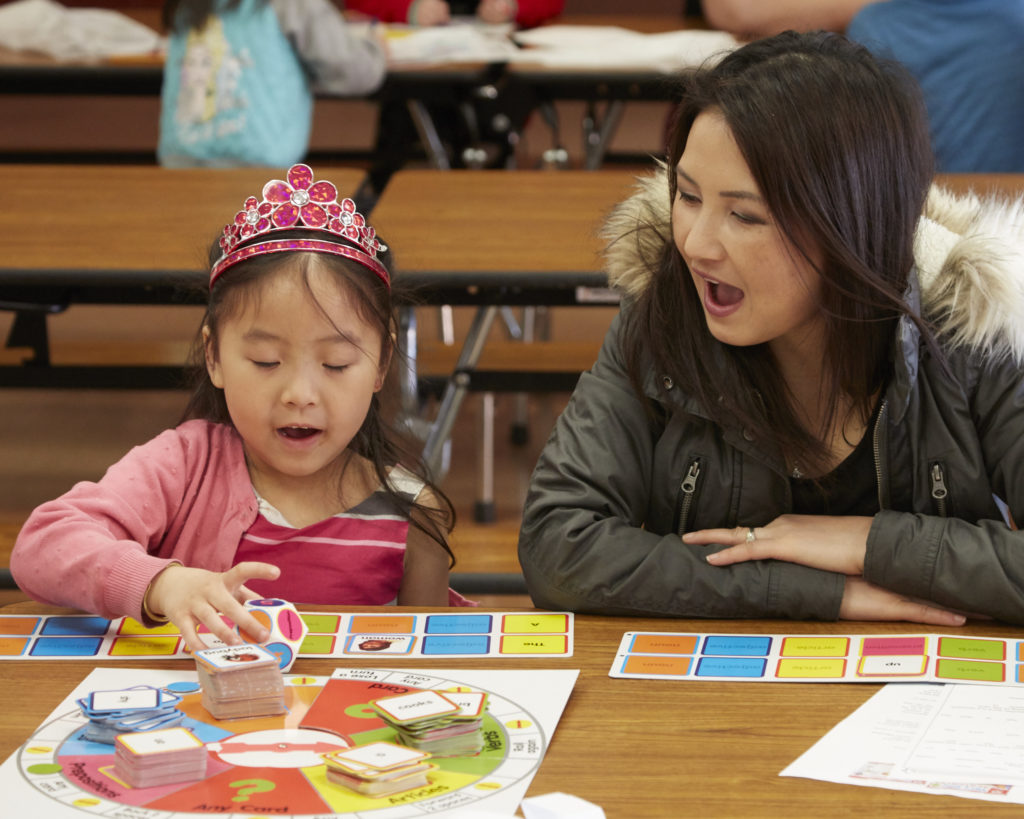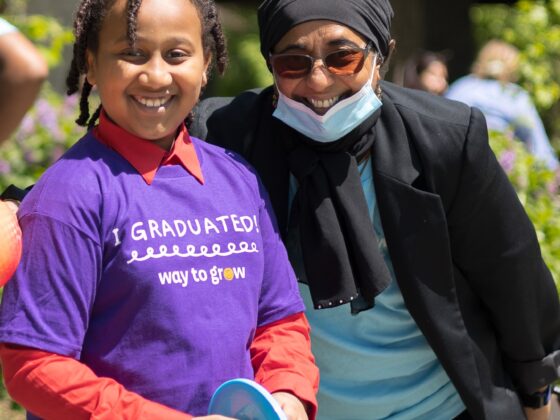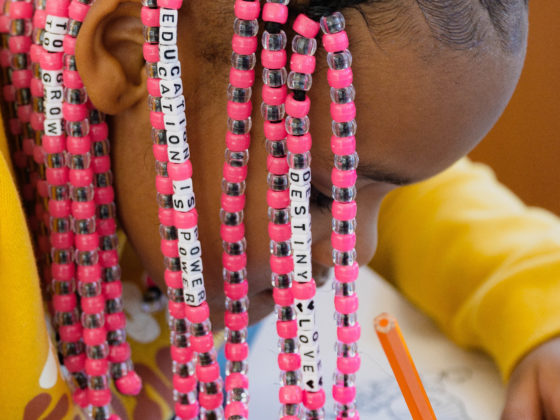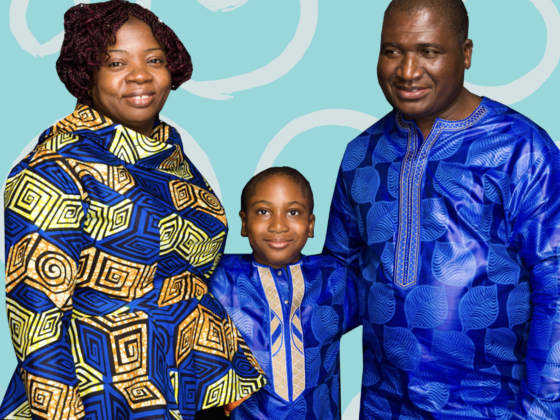“Becoming a strong reader begins at birth. The cornerstones of reading success – language, knowledge, and curiosity – should be cultivated from infancy, and in every setting.”
— Nonie K. Lesaux, PH.D.,Turing the Page
From the moment a child is born, every day matters to ensure they develop the literacy and learning skills required for success in school and life. Starting at birth, children are learning every waking moment. In fact, babies and toddlers are either learning or sleeping! And between birth to age 5, a child learns at a speed unmatched the rest of his or her life. It is during these years – when more than 85% of a child’s brain is formed – that crucial brain connections are created. These connections help develop indispensable academic, social, and cognitive skills, which are the basis for learning.
In 2019, the Children’s Reading Foundation released a national school readiness study that establishes children’s kindergarten readiness points predict their academic achievement in fifth grade and beyond. These findings have far-reaching implications as communities work to close the achievement gap to ensure that all students are prepared for success.
The study, Readiness for Entering Kindergarten: The Impact on Future Academic Achievement, was authored by Lynn Fielding, Jay Maidment and Christian Anderson and analyzes longitudinal data for 380,000 U.S. students from first to fifth grade. Key findings are as follows:
- Children’s language and literacy skills on day one of kindergarten range four to five years. Some have the skills of a typical three year old, while others have skills more typical of 7-8 year olds.
- Students who start ahead tend to stay ahead. More than three quarters (76%) of the students studied who started in the top 20% are still in the top (or second to the top) 20% when entering fifth grade.
- Conversely, students who start behind tend to stay behind. The majority (71%) of students who began in the bottom 20% are still in the bottom (or second to the bottom) 20% when entering fifth grade.
The good news is there is something that can be done to address this. From the time a child is born until age 5, home is the easiest place to position a child’s academic trajectory. Communities, schools, caregivers, and parents all have a role to ensure children are ready for school on day one. And at Way to Grow, our Family Educators support and empower families to be their children’s first and foremost teachers—because children who begin school ready will have a rewarding educational experience.
The full study is available at: https://www.readingfoundation.org/research





